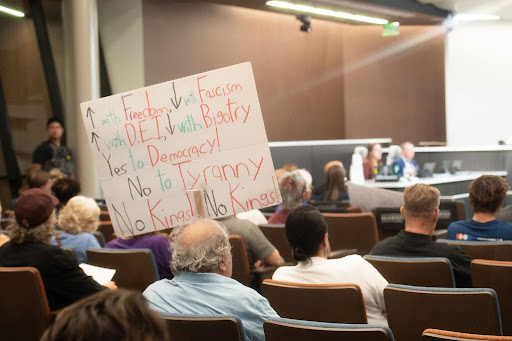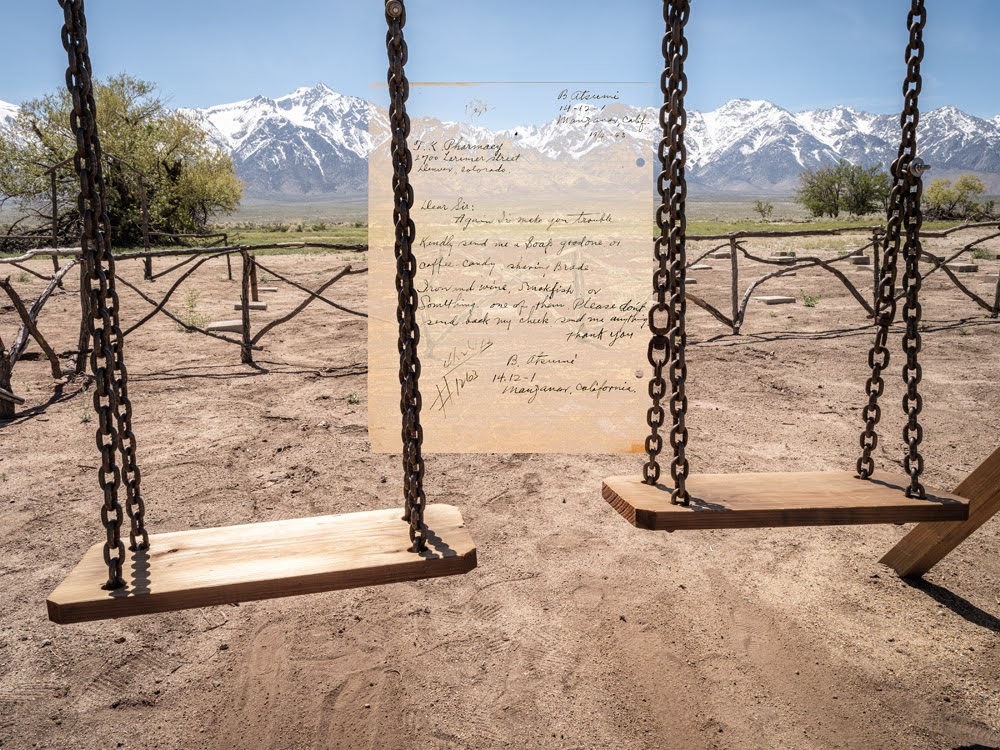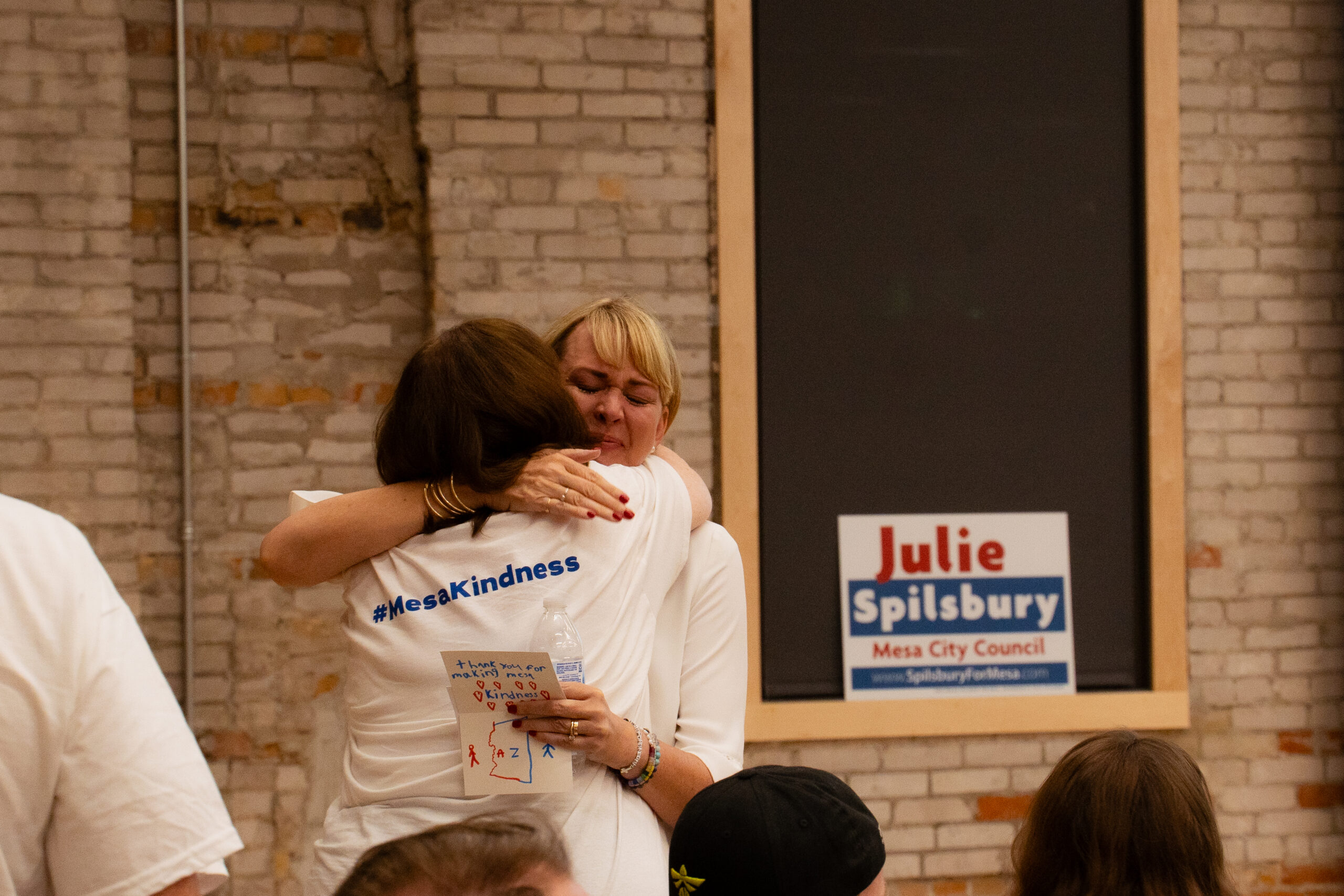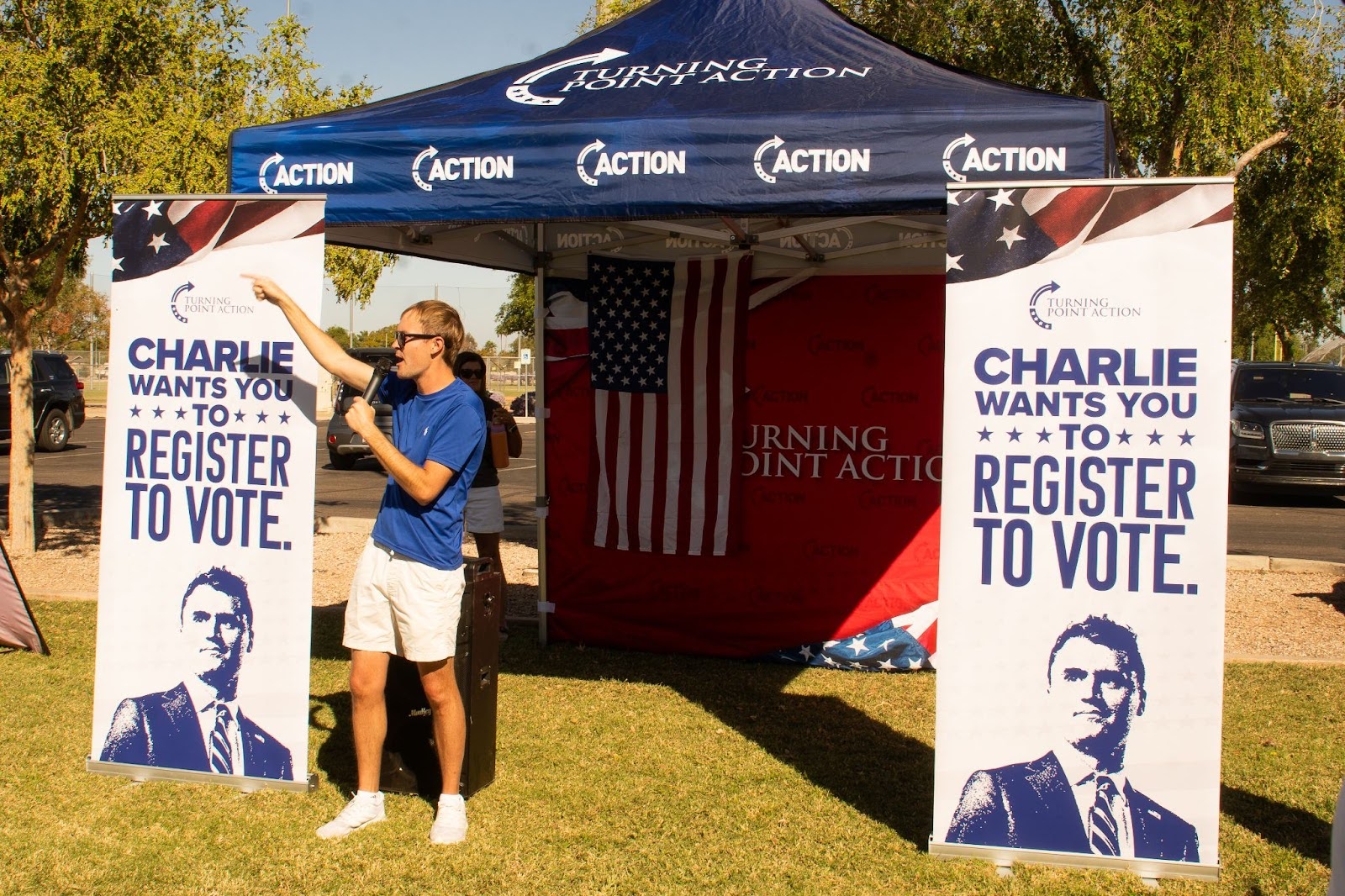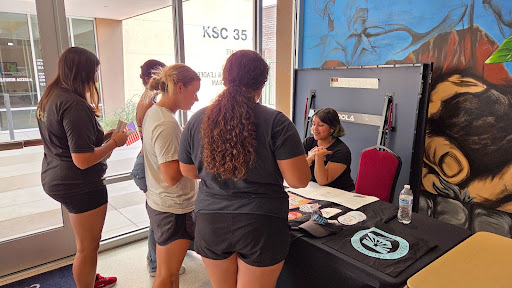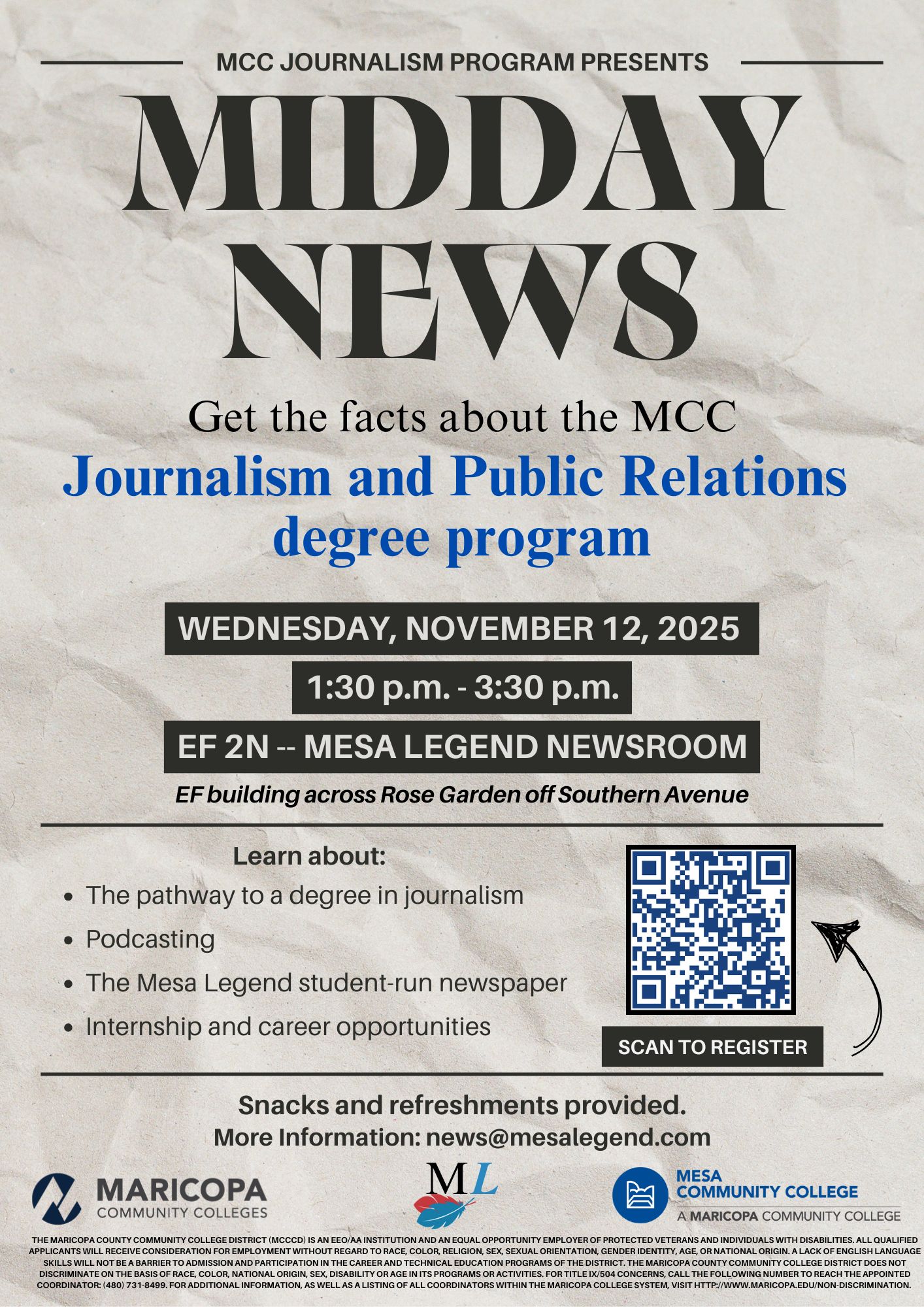Anti-establishment reflected in voting polls
Joe Jacquez
Mesa Legend
 Wrap your mind around this for a minute: Republicans in Congress have a 16 percent favorability rating according to the latest polling data conducted by Quinnipiac University in September, and a majority of Republicans according to a recent NBC News/Wall Street Journal Poll give Congress an F grade. There is an easy way to explain this. The country is more ideologically divided than at any point in our history. According to NBC Polling from the mid 1990’s when Bill Clinton was compromising with Congressional Republicans on the budget and welfare, only 12 percent of GOP voters identified themselves as very conservative, and only 13 percent of Democrat voters identified themselves as Liberals. Today those numbers are at 28 and 26 percent respectively.
Wrap your mind around this for a minute: Republicans in Congress have a 16 percent favorability rating according to the latest polling data conducted by Quinnipiac University in September, and a majority of Republicans according to a recent NBC News/Wall Street Journal Poll give Congress an F grade. There is an easy way to explain this. The country is more ideologically divided than at any point in our history. According to NBC Polling from the mid 1990’s when Bill Clinton was compromising with Congressional Republicans on the budget and welfare, only 12 percent of GOP voters identified themselves as very conservative, and only 13 percent of Democrat voters identified themselves as Liberals. Today those numbers are at 28 and 26 percent respectively.
This is why 44 percent of voters according to a recent NBC/WSJ poll are upset with the direction of the country and feel that our political system doesn’t work. The two parties are so far right and far left that they can’t work together and when they do it’s only for a short term deal. This results in the trend of debt ceiling crisis, budget fights, and government shutdown threats that have occurred to frequently over the past five years. The current discontent of the political establishment is having its effects on the 2016 Presidential Election, and on Capitol Hill.
Donald Trump, Carly Fiorina, and Dr. Ben Carson are atop almost all of the GOP primary polls, and Bernie Sanders is gaining momentum on the Democratic side. A general election matchup of Bernie Sanders vs. Donald Trump has a good chance of happening. In any other year a prediction like that would be disregarded. Here is the ironic part: voters think that electing anti-establishment candidates will change the system because fresh faces will run our government. In reality, that won’t solve the problem of a hostile political climate; it will actually make it worse.


